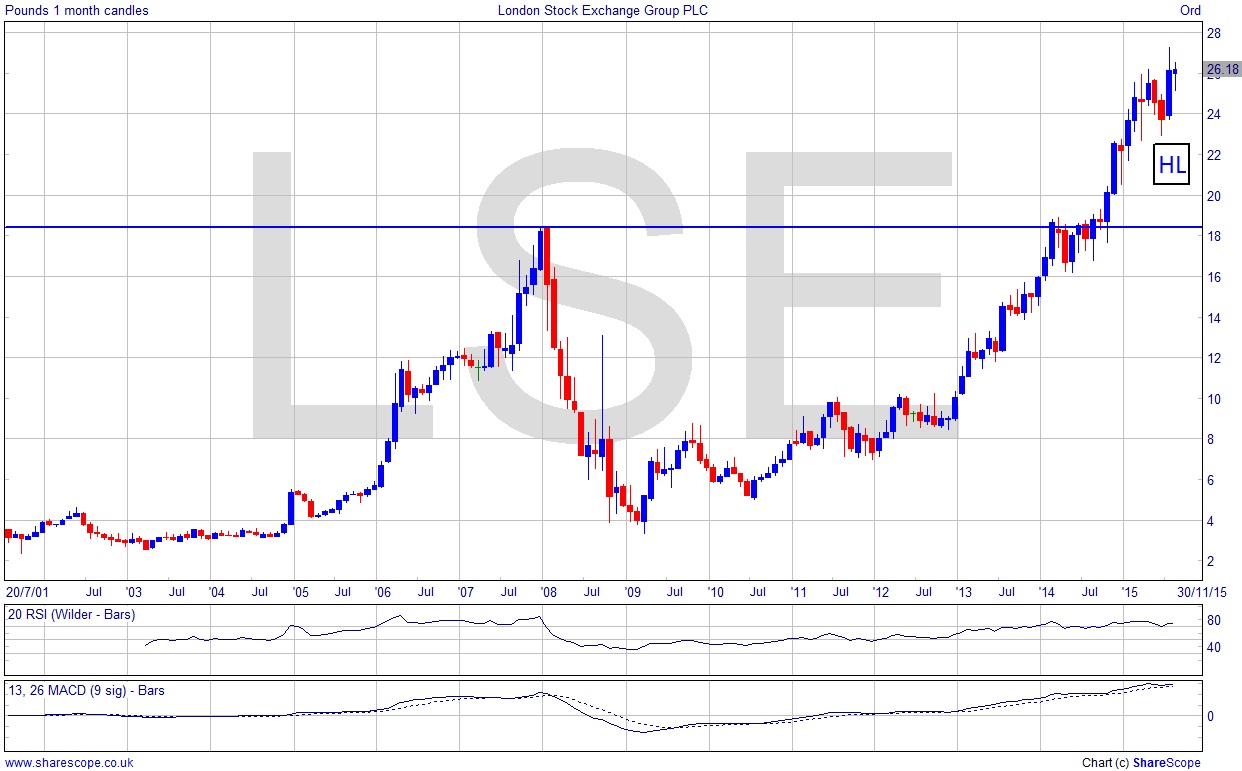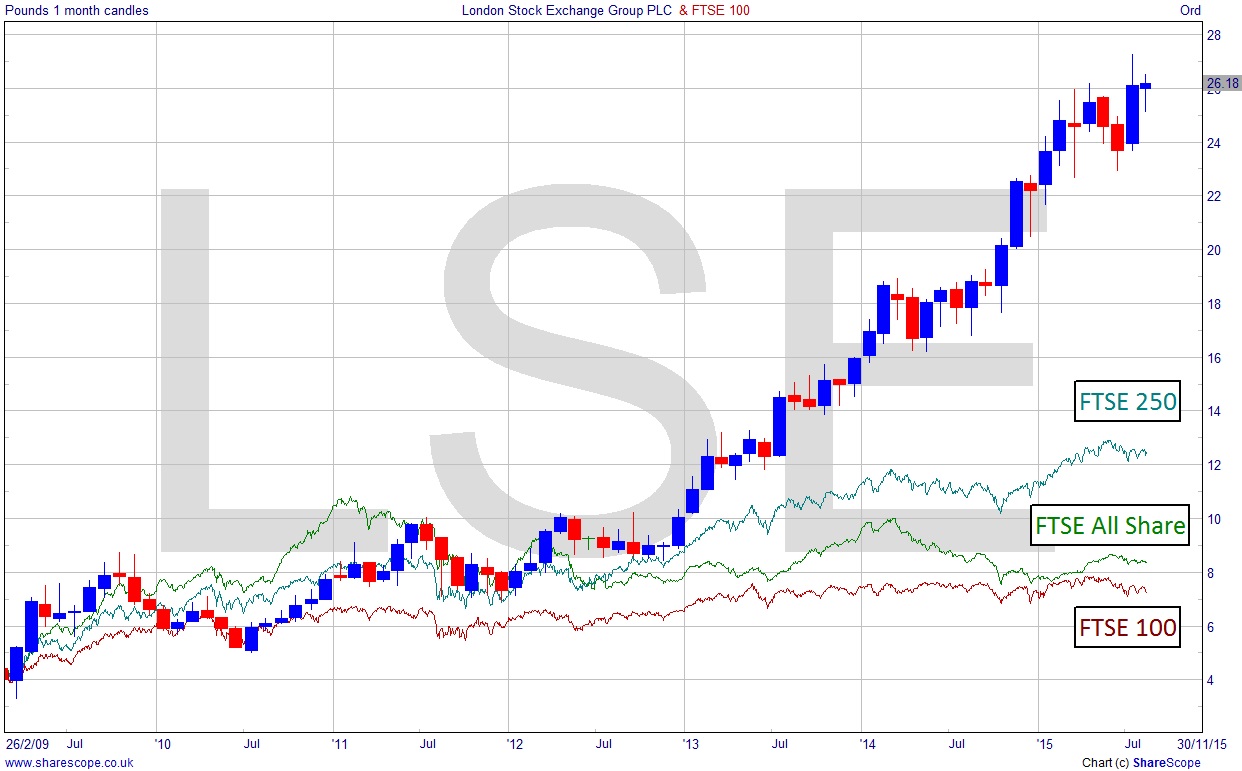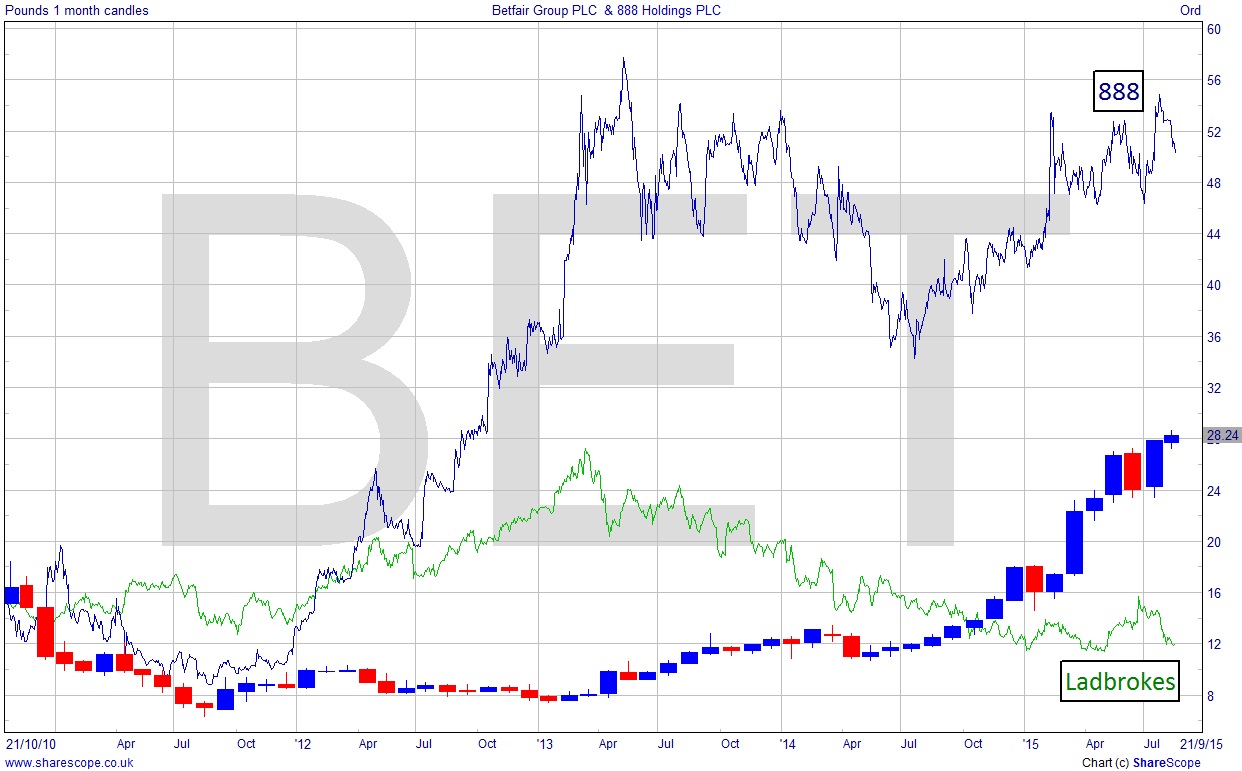Efficient Exchanges – LSE and Betfair

There’s a movement called Zeitgeist that wants to do away with the current economic system and move to a so-called ‘resource based economy’. It was founded by Peter Joseph who had worked as a private equity trader on Wall Street. The problem with his movement is the same one facing Occupy and so many other pressure groups: it lacks focus and an achievable objective.
Occupy seem to be complaining that everything is wrong. It’s just organised moaning, which explains their popularity here in the UK. They have no clearly defined and achievable objective. The reason the economic system has developed the way it has is for efficiency. We don’t barter anymore because no one tends to have change for a leg of lamb in asparagus on them. The system of credit developed because it creates efficiency in trade, and oils the wheels of transaction. Robert J Shiller had a great idea which he put forward in his lecture on Options in one of his Open Yale Financial Markets courses. Every mortgage should have an option contract to settle the loan in the event of market crashes (like the sub-prime crisis), meaning that the problem would not create homeless families and market instability, instead passing the problem onto financial institutions, who should have done their job and hedged the risk properly too. Zeitgeist seem to be confusing economics with the effect of economic reality on a population, which is down to government. This is why Robert J Shiller won the Nobel Prize for Economics and Peter Joseph didn’t.
The EU is supposed to be an open market with no trade restrictions, but you only have to look at the gambling industry to see that this simply is not true.
Investing in companies that provide infrastructure and support for industries is usually more profitable than investing in the front line. I guess a good example of this is the London Stock Exchange (LSE). It’s gone from just over £3 in 2009 to a new ATH at over £27 this year, nice little higher low and the trend’s looking intact. Another stock that isn’t weighing down the UK markets. Meanwhile, the indices of the stocks traded on that exchange have increased far less, as is clear on the comparison chart (with FTSE 100, FTSE 250 and FTSE All-Share shown).


Another exchange that is doing well is Betfair (BET), which is the LSE of the betting market. Entry to the betting exchange market has proved difficult, leaving Betfair with a de facto monopoly, at least for now. They’ve shown steady growth but they are not being given a fair crack of the whip in the European market. The Netherlands, for example, has sent letters to Dutch banks requesting them not to process payments to perfectly legal gaming websites, such as Betfair. Surely that’s illegal under EU law? Of course there is clearly a monopoly for domestic companies that the Dutch government is protecting.
Betfair is a much more efficient market than that offered by traditional bookies, offering much better odds in reality. Change is always painful for the losers.
You can see from the chart, which compares Betfair to 888 (888) and Labdrokes (LAD) (in green) that the out-performance we see in the LSE is not repeated with Betfair, although I certainly would have expected to see them out-perform at a much higher level. They are able to charge some customers exorbitant commissions simply because there is no alternative. Would-be competitors have found it difficult to get liquidity and attract real money to their exchanges. That said Betfair is still a good looking chart, and the government should be fighting Betfair’s corner at Brussels because they’re not getting a fair chance with equal treatment in member states.

Comments (0)